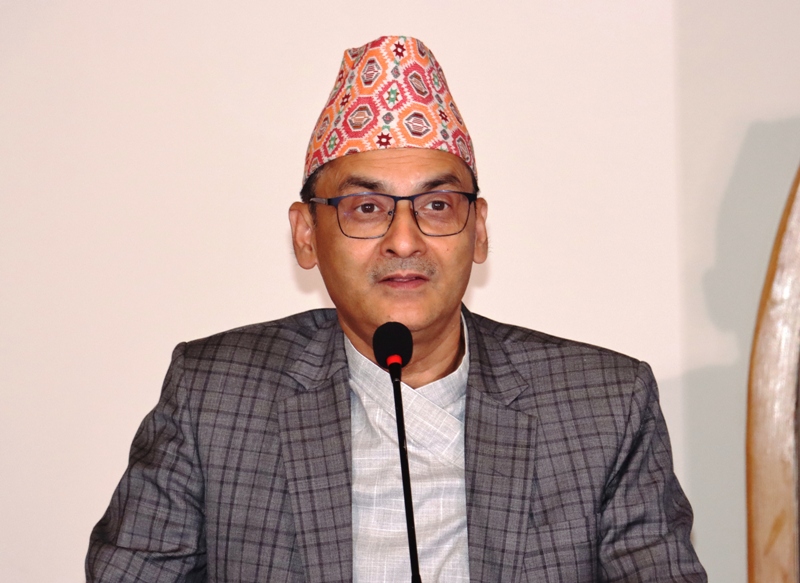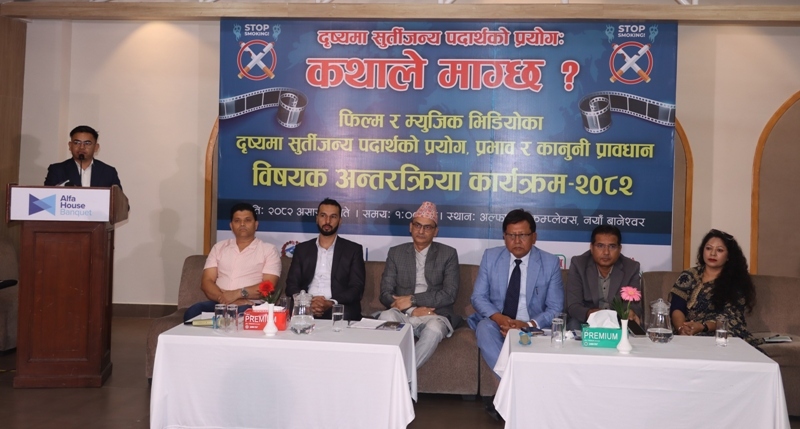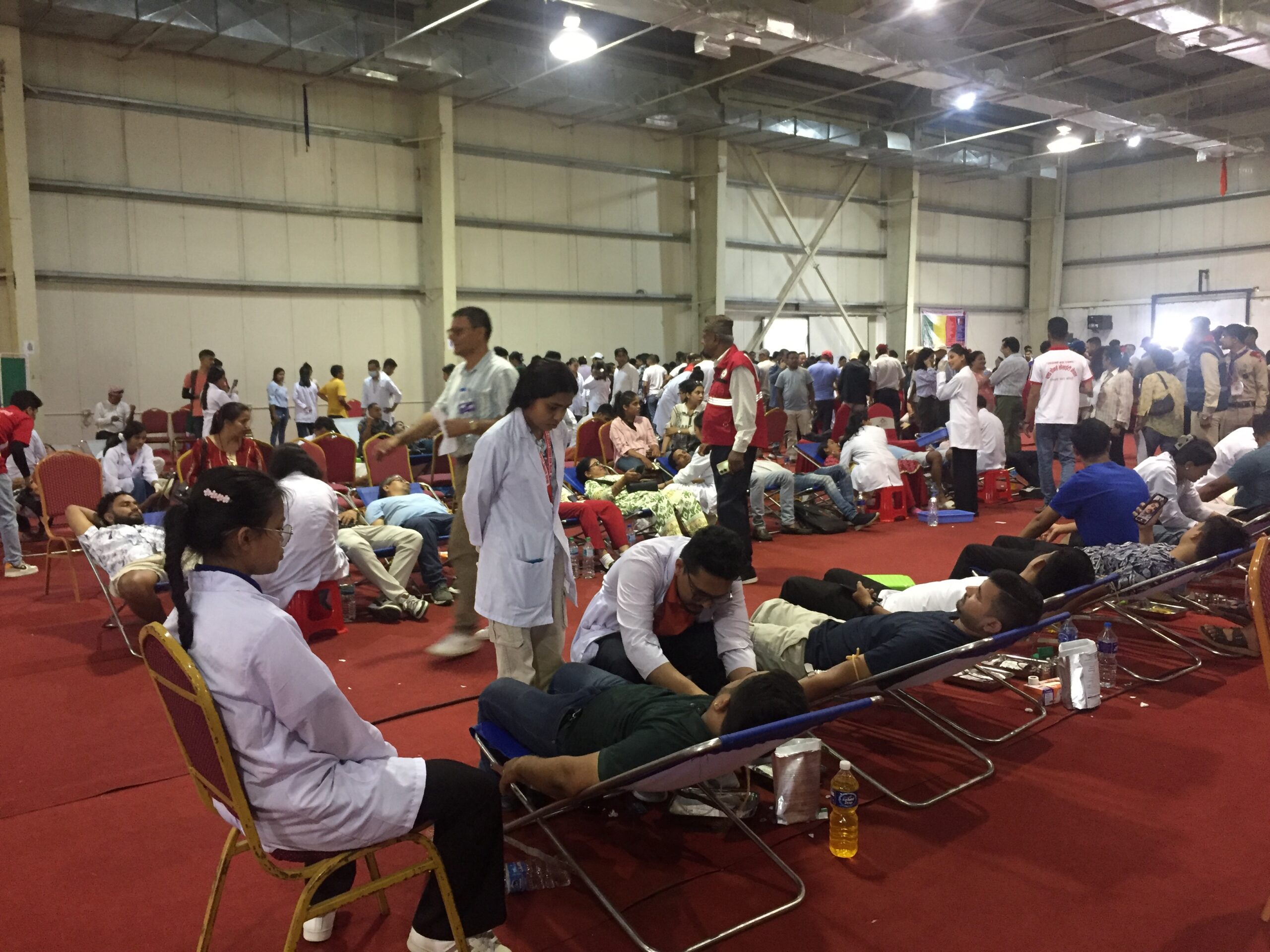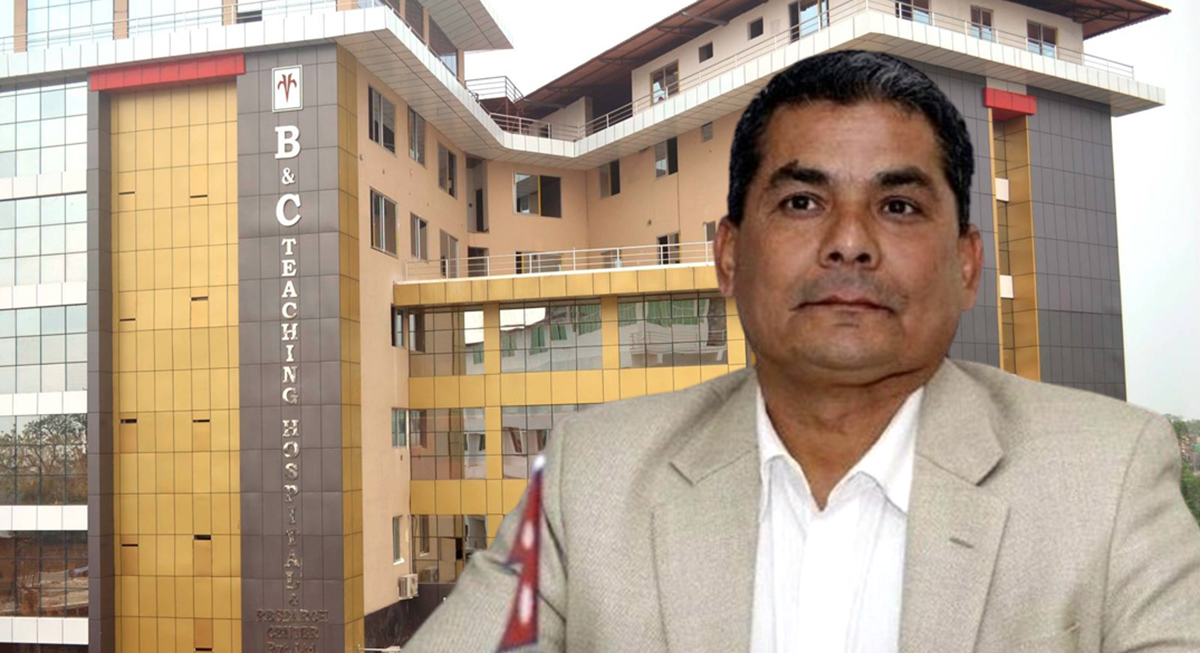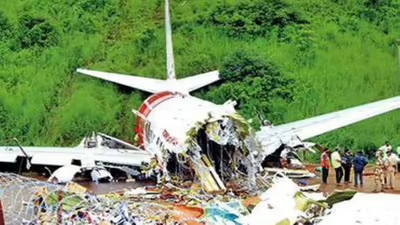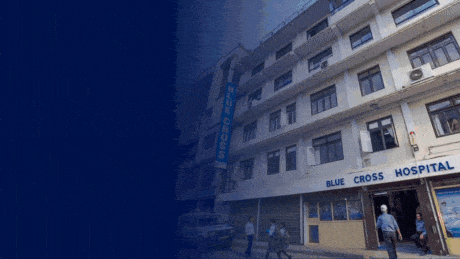
Kathmandu— A total of 155 new COVID-19 cases have been confirmed across Nepal, according to the Epidemiology and Disease Control Division (EDCD). The rise in infections comes amid growing public concern following the rapid spread of a new subvariant of Omicron, known as NB.1.8.1, in neighboring India.
Over the past week, Bagmati Province has reported the highest number of cases at 19, followed by Madhesh and Sudurpaschim with four cases each, Koshi with two, and Gandaki Province with one confirmed case.
The surge in India has sparked fears in Nepal, especially with reports of hospitalizations and deaths linked to the new subvariant. However, public health experts in Nepal have urged the public not to panic.
Dr. Sher Bahadur Pun, an infectious disease specialist at Sukraraj Tropical and Infectious Disease Hospital, explained that NB.1.8.1 is a developed form of Omicron. He stated that while the variant is highly contagious, it appears to be less severe in terms of symptoms. “Although the virus can lead to hospitalization among high-risk groups, the rate of ICU admissions remains very low,” he said.
He added that the high population density in India and lack of adherence to public health protocols might have contributed to the large number of cases there. “The virus is still circulating in Nepal, but there is no need to panic. It is not proving to be extremely deadly so far,” Dr. Pun reassured, while also emphasizing the importance of precautions, especially for the elderly and people with chronic illnesses.
Dr. Pun advised the public to avoid crowded places, wear masks, wash hands with soap and water regularly, and remain cautious if experiencing flu-like symptoms.
Symptoms of NB.1.8.1 Variant
According to Dr. Pun, the symptoms of the NB.1.8.1 subvariant are similar to those of seasonal flu and include
Cold and cough
Sore throat
Fatigue and muscle aches
Body pain
Nasal congestion
Diarrhea
Fever
He warned that even though symptoms might appear mild, they should not be taken lightly—especially by vulnerable populations—as complications can arise. The virus spreads through respiratory droplets, including sneezing, coughing, and contact with mucus or phlegm.
Government Response and Preparedness
Dr. Chandra Bhal Jha, Director of the EDCD, informed that discussions have already been held with the World Health Organization (WHO) and Health Minister Pradip Paudel to strengthen the country’s surveillance system.
“We are taking all necessary precautions,” Dr. Jha said. “Health desks at border checkpoints and Tribhuvan International Airport are being made more effective.”
He also confirmed that COVID-19 test kits are in stock and will be distributed based on need rather than uniformly to all checkpoints. The division is also raising public awareness about the symptoms of COVID-19 and preventive measures.
In preparation for potential outbreaks, the EDCD has sent a list of essential medical supplies and remains in a state of readiness to respond to any pandemic-related situation.
swasthyaadmin
Published: June 19, 2025


